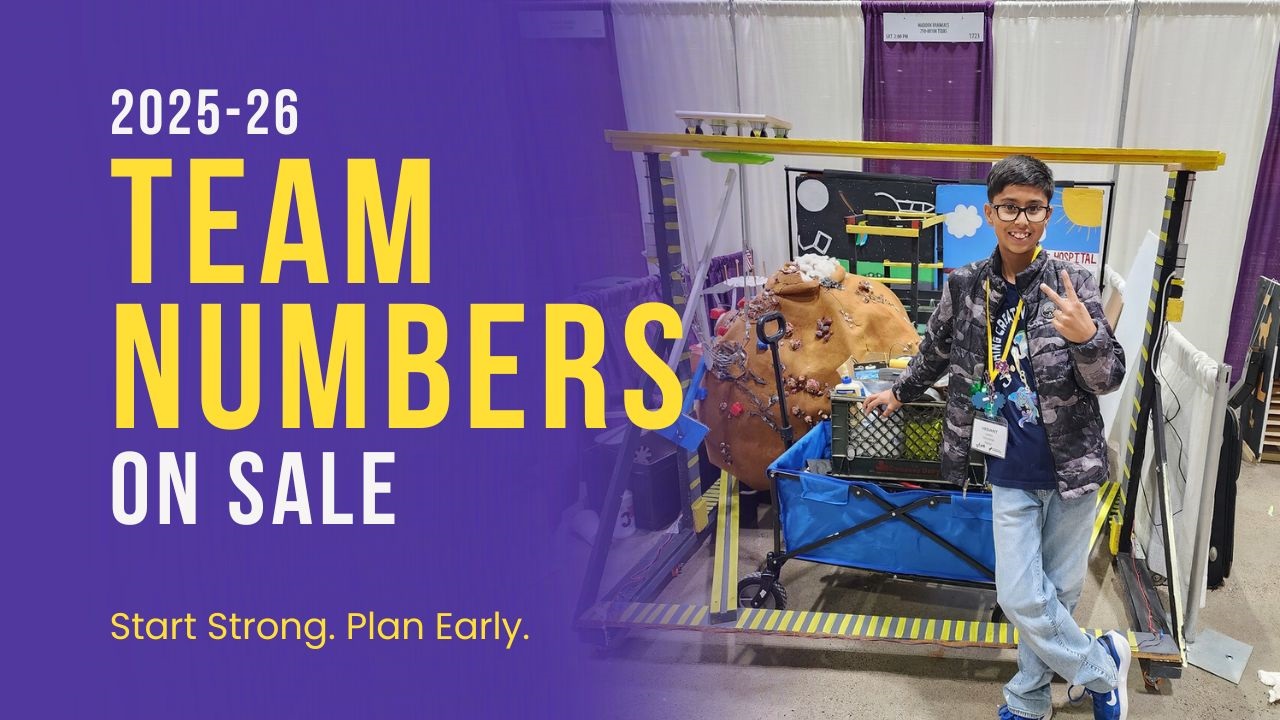As you spend time managing your Destination Imagination (DI) team, you might begin to notice problems creeping up like kudzu into your practices. Even though these problems are frustrating, it is totally normal to have them arise. What would DI be if there were no problems to solve, right? Here are some frequently asked questions that I have experienced over the years, along with some sage advice.
I don’t know how to structure my team’s practice. What do you suggest?
If you are a new DI Team Manager, you might be thinking to yourself, “How do I run a practice?” DI has a lot of resources that you can use to guide you in this area. First, look over the Roadmap and Rules of the Road resources. There is a lot of great information in those two documents that you can use to plan out your DI season, including your practices.
I run my practices by first reading over the Challenge. Once they understand the Challenge, my entire team develops a story plot and works out how all parts of the solution will integrate. Finally, different kids will choose to work on different aspects of their solution. For example, I have kids who will work on building sets and creating pieces of artwork. Others will build the technical elements or work on the script and blocking.
If you are still struggling, you can also call upon your Affiliate Director to help you. Most Affiliates offer a Team Manager training. I recommend you attend! Our awesome Affiliate Director once drove an hour and a half to work with my kids on Instant Challenge. Help will be there for you if you need it.
It seems like my team is always goofing off? I tell them that we have deadlines to make, but they are not listening. Do you have any suggestions on how I can get my team to focus?
There will be times where you will find your team acting like a bunch of wild dingoes. This is normal; they are kids. Remember, for some DI team members, it’s a time where they can unwind and be themselves. Be that as it may, know that you are the Team Manager and you need to keep them on track. It is not Interference if you tell the team to get to work, nor is it Interference to ask them thought-provoking questions about their solutions to get them back on task. However, if certain members are causing such a ruckus that the rest of the team cannot work, then give that member a “special job,” send that member home, or consider ending the practice for that day. If you do that a couple of times, they will learn how important time is at their team meetings.
I have kids on my team that says, “I have nothing to do.” How do I fix that?
As your team grows and develops, each member should have specific jobs to do. This will prevent them from saying, “I have nothing to do.” This will also prevent any “alpha personality” kids on your team from bossing everyone around. Once a job is complete, direct those kids to help those who have not finished their tasks. If their script is complete and they have nothing to do, they could always run lines.
I have one team member who never shows up to practice. The rest of the team is working hard on solving the solution. What should I do?
First, I would talk to the team member and find out why they are not showing up to practice. There could be a real simple reason behind it. If your meeting with that specific team member does not get him or her back to practice, then you need to talk with the child’s parents. If you explained the level of commitment that is required for a DI team, the rules of Interference, and how teams are structured, then they should understand that they are needed at practice. If you did not explain that to them, then make sure you do. If the member is still not coming to practice, then you might think about either replacing the member or removing them. However, if you replace a member, you must follow the rules. Be sure to think that decision over because it might not be worth it.
I am having trouble coming up with ideas for Instant Challenges. Besides Destination Imagination, where can I get Instant Challenge ideas?
There is a treasure trove of resources online that you can use to get your Instant Challenge ideas. If you are on a tight budget, ask your team members’ parents if they have any of the materials that you need. Who knows, you might get lucky.
My team is not bonding and acting like a team. Is there anything I can do to fix this?
How well your team bonds is just as important as the solution they come up with. I would recommend that you have a few practices where you only focus on bonding. Do something like make some popcorn and let them watch a movie or play some video games together. You will be surprised how much better your team will work together if they all get along.
My school administration is not supporting DI. Do you have any advice to help bring them into the fold?
It can be really hard to explain DI to someone who has never been involved with it. Share the team’s Challenge with the administrators. This will give them an idea of what they are working on. Invite them to a practice where you are doing an Instant Challenge and let them do one with the team. Finally, you can recruit them to be an Appraiser at your Regional or Affiliate Tournament. There is no better way to get that support than to get them involved and invested in the program.
About the Author: Michael McQuaid is a middle school history and science teacher. He is an alumnus of DI (dating back to 1989) and currently manages a middle school team and assists with a high school team. McQuaid serves on the North Carolina State Board and has served in a variety of DI volunteer roles, including Appraiser and Affiliate Challenge Master.






